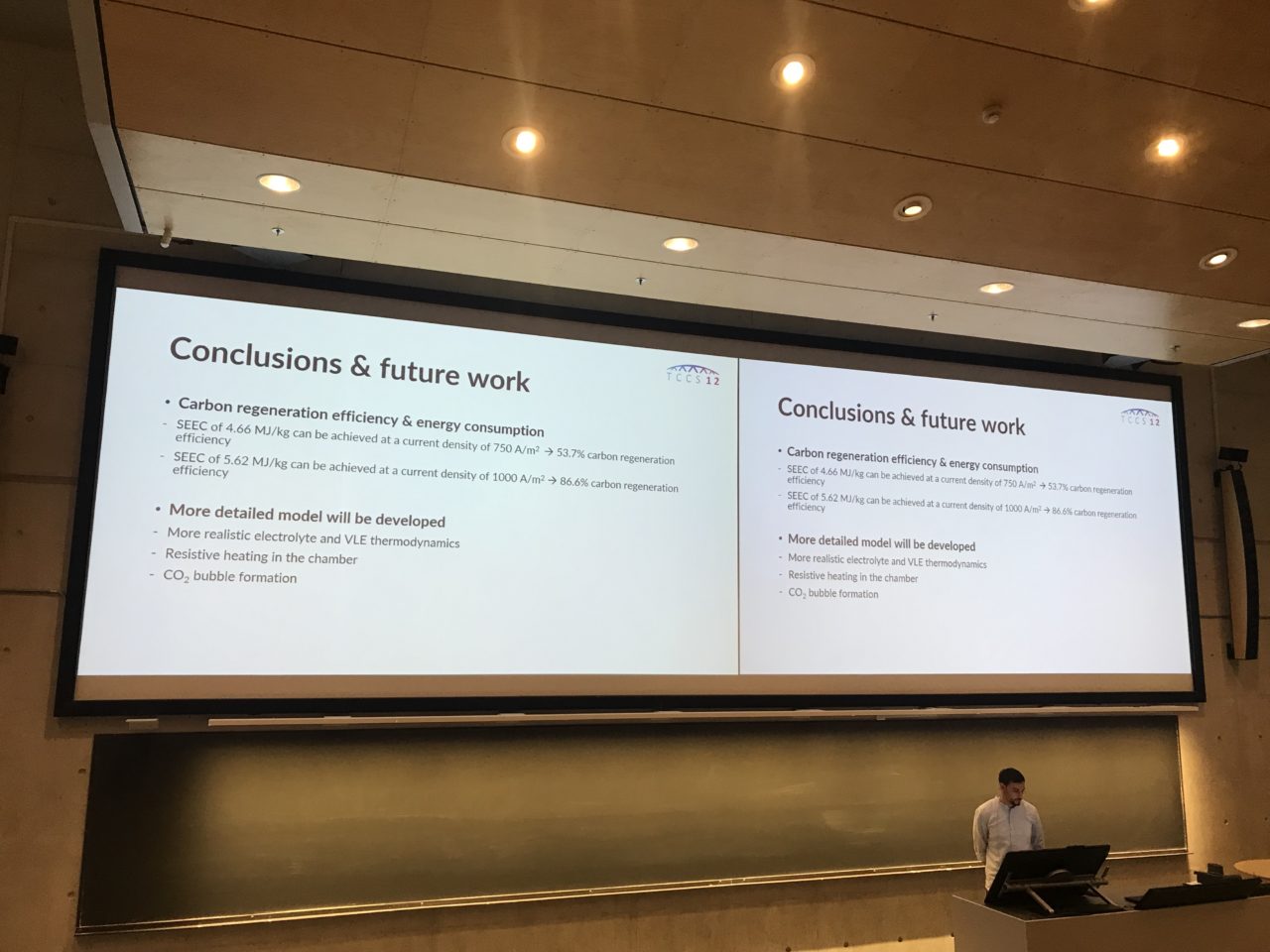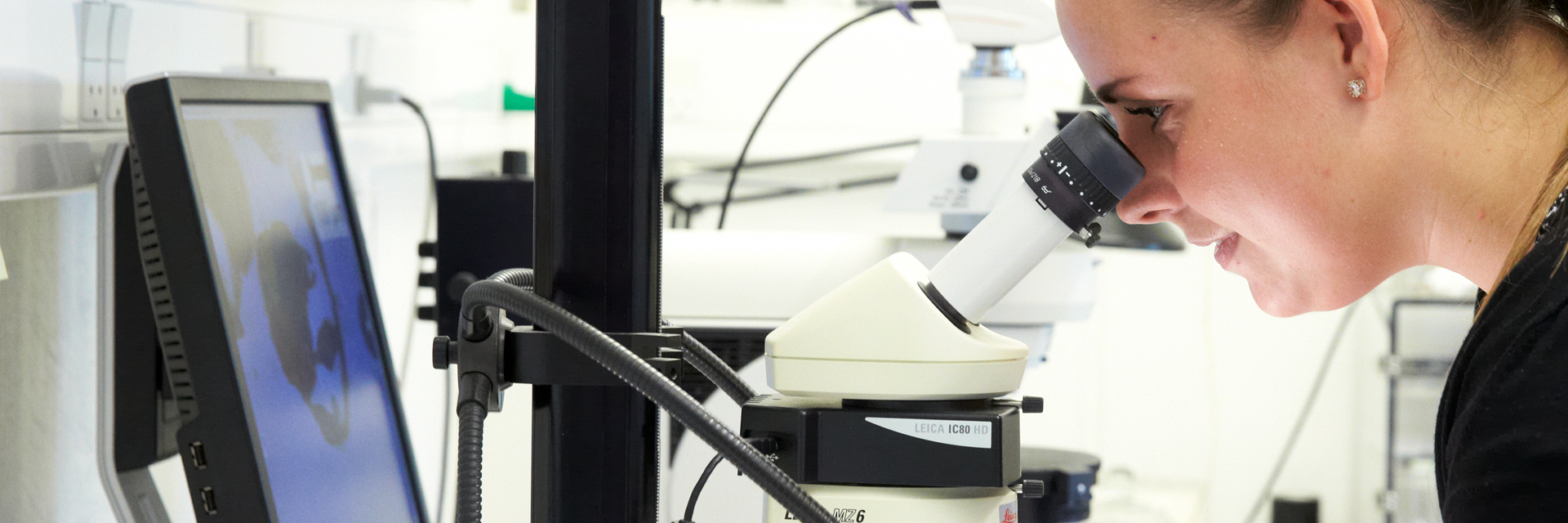ConsenCUS present at the TCCS- conference
This week, the bi-annual Trondheim CCS conference, the TCCS, took place in Norway. TCCS is regarded as one of the leading CCS (carbon capture and storage)-technology conferences in the world. Over 500 participants from R&D institutes, universities and industry gather to discuss developments in CCS/CCU.
ConsenCUS contributed to this event with two oral presentations, marking the significant developments we have reached in the first two years of our project. Partner WETSUS, together with the Danish Technical University (DTU) responsible for the upscaling of the electrochemical capture and regeneration unit, presents it’s results on the influence of solvent composition to the post-combustion CO2-capture rates. This important result is input for upscaling the lab version of the regeneration unit into the demonstration unit ConsenCUS is going to test at three different industrial sites in the second half of the project. Different Solvents are used to determine the best ratio for capturing CO2 and regenerating the solvent.
In order to make more adequate measures and predictions, the team of CERTH and Heriot Watt University developed a process model to study the effects when coupling the absorption tower and electrochemical regeneration unit together. Various absorption parameters were identified and studied what effect they have on the energy consumption and CO2 production rate of the electrochemical unit.
Both studies will be integrated in the demonstration campaign that will start end of this year. ConsenCUS aims to demonstrate an electrochemical capture and conversion process at lower costs and lower energy consumption for capturing and converting CO2 in useful materials. The project has received funding from the European Union’s Horizon 20022 research and innovation programme under grant number 101022484.

